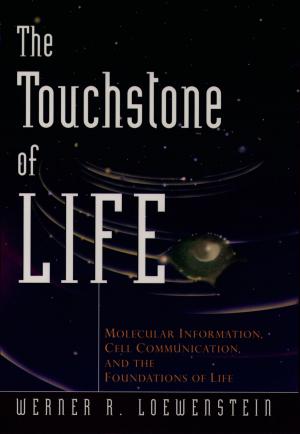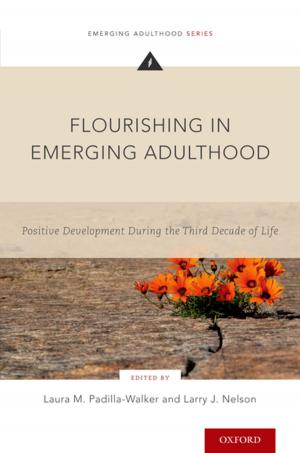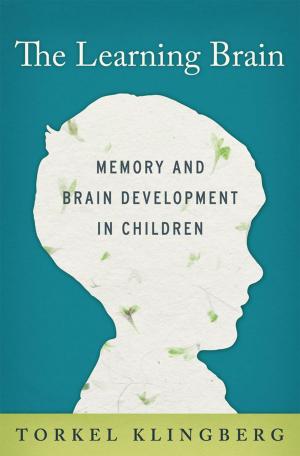Naked
The Dark Side of Shame and Moral Life
Nonfiction, Health & Well Being, Psychology, Emotions, Religion & Spirituality, Philosophy, Ethics & Moral Philosophy, Reference & Language, Language Arts| Author: | Krista K. Thomason | ISBN: | 9780190843298 |
| Publisher: | Oxford University Press | Publication: | January 4, 2018 |
| Imprint: | Oxford University Press | Language: | English |
| Author: | Krista K. Thomason |
| ISBN: | 9780190843298 |
| Publisher: | Oxford University Press |
| Publication: | January 4, 2018 |
| Imprint: | Oxford University Press |
| Language: | English |
We know shame can be a morally valuable emotion that helps us to realize when we fail to be the kinds of people we aspire to be. We feel shame when we fail to live up to the norms, standards, and ideals that we value as part of a virtuous life. But the lived reality of shame is far more complex and far darker than this -- the gut-level experience of shame that has little to do with failing to reach our ideals. We feel shame viscerally about nudity, sex, our bodies, and weaknesses or flaws that we can't control. Shame can cause self-destructive and violent behavior, and chronic shame can cause painful psychological damage. Is shame a valuable moral emotion, or would we be better off without it? In Naked, Krista K. Thomason takes a hard look at the reality of shame. The experience of it, she argues, involves a tension between identity and self-conception: namely, what causes me shame both overshadows me (my self-conception) and yet is me (my identity). We are liable to feelings of shame because we are not always who we take ourselves to be. Thomason extends her thought-provoking analysis to our current social and political landscape: shaming has increased dramatically because of the proliferation of social media platforms. And although these online shaming practices can be used in harmful ways, they can also root out those who express racist and sexist views, and enable marginalized groups to confront oppression. Is more and continued shaming therefore better, and is there moral promise in using shame in this way? Thomason grapples with these and numerous other questions. Her account of shame makes sense of its good and bad features, its numerous gradations and complexity, and ultimately of its essential place in our moral lives.
We know shame can be a morally valuable emotion that helps us to realize when we fail to be the kinds of people we aspire to be. We feel shame when we fail to live up to the norms, standards, and ideals that we value as part of a virtuous life. But the lived reality of shame is far more complex and far darker than this -- the gut-level experience of shame that has little to do with failing to reach our ideals. We feel shame viscerally about nudity, sex, our bodies, and weaknesses or flaws that we can't control. Shame can cause self-destructive and violent behavior, and chronic shame can cause painful psychological damage. Is shame a valuable moral emotion, or would we be better off without it? In Naked, Krista K. Thomason takes a hard look at the reality of shame. The experience of it, she argues, involves a tension between identity and self-conception: namely, what causes me shame both overshadows me (my self-conception) and yet is me (my identity). We are liable to feelings of shame because we are not always who we take ourselves to be. Thomason extends her thought-provoking analysis to our current social and political landscape: shaming has increased dramatically because of the proliferation of social media platforms. And although these online shaming practices can be used in harmful ways, they can also root out those who express racist and sexist views, and enable marginalized groups to confront oppression. Is more and continued shaming therefore better, and is there moral promise in using shame in this way? Thomason grapples with these and numerous other questions. Her account of shame makes sense of its good and bad features, its numerous gradations and complexity, and ultimately of its essential place in our moral lives.















